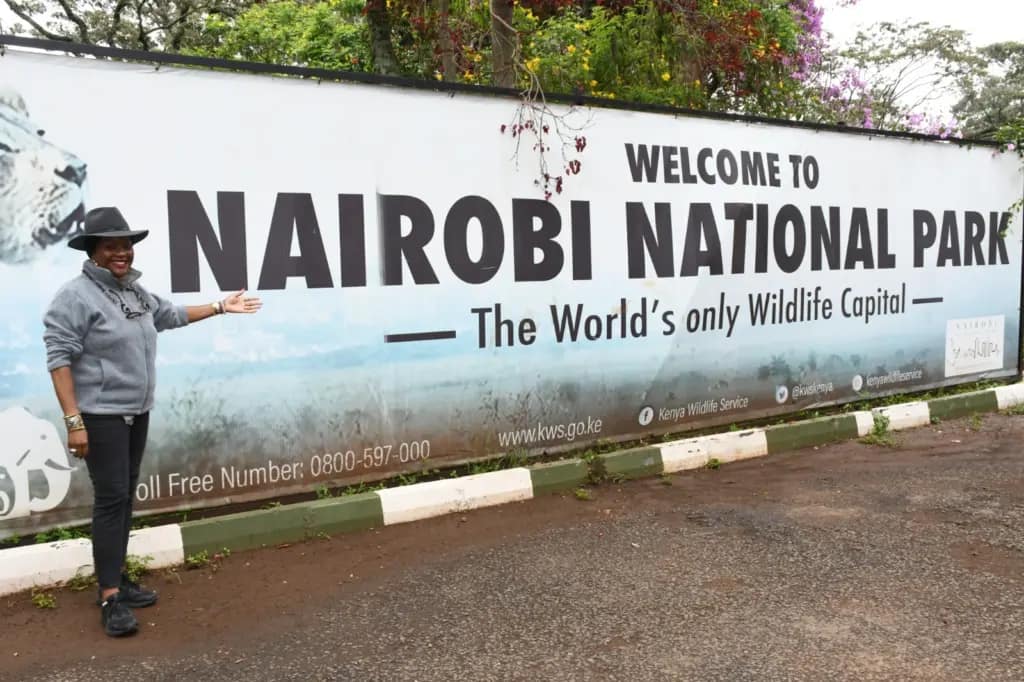
Ramsar Convention on Wetlands
Wetlands serve as vital components of our ecosystem, supporting various forms of life and providing essential services for human survival. Among the advocates for wetland conservation and management is Dr. Musonda Mumba, the Secretary General of the Ramsar Convention on Wetlands, a prominent figure dedicated to preserving these crucial habitats.
Dr. Musonda Mumba’s Visit
Wetlands are often underrated despite their pivotal role in sustaining life on Earth. The Ramsar Convention, an international treaty dedicated to wetland conservation, aims to address the ongoing decline in these critical areas. Dr. Musonda Mumba, at the helm of this global effort, recently visited Nairobi National Park, a significant ecosystem that houses a diverse range of wildlife and landscapes.
The purpose of the visit to the Kenya Wildlife Service, the official Administrative Authority for Ramsar implementation in Kenya, was to actively engage and communicate the vision for the Ramsar Convention. This encompassed extending assistance to Convention Parties for proficient implementation in order to accomplish the goal of global collaboration for the preservation and sustainable utilization of wetlands and their resources. The Secretary General was briefed on the Country’s progress in the implementation of the Convention and possible areas of collaboration and partnership
The Importance of Wetlands for Human Survival
Wetlands, often referred to as the Earth’s kidneys, offer a myriad of ecosystem services indispensable to human existence. They act as natural sponges, mitigating floods, recharging groundwater, and regulating climate patterns. Furthermore, these ecosystems provide habitats for a vast array of species and contribute to freshwater supplies, agricultural productivity, and biodiversity conservation.
Despite their importance, wetlands worldwide face severe degradation and loss. The Ramsar Convention, with 172 member countries, stands as a beacon for global wetland preservation efforts.
Challenges in Wetland Management
Preserving wetlands poses multifaceted challenges. Urbanization, pollution, overexploitation, and climate change continue to threaten these delicate ecosystems. The Ramsar Convention extends its purview to various wetland types, including lakes, rivers, estuaries, mangroves, and human-made sites like reservoirs and rice paddies.
Dr. Musonda Mumba’s Visit to Nairobi National Park
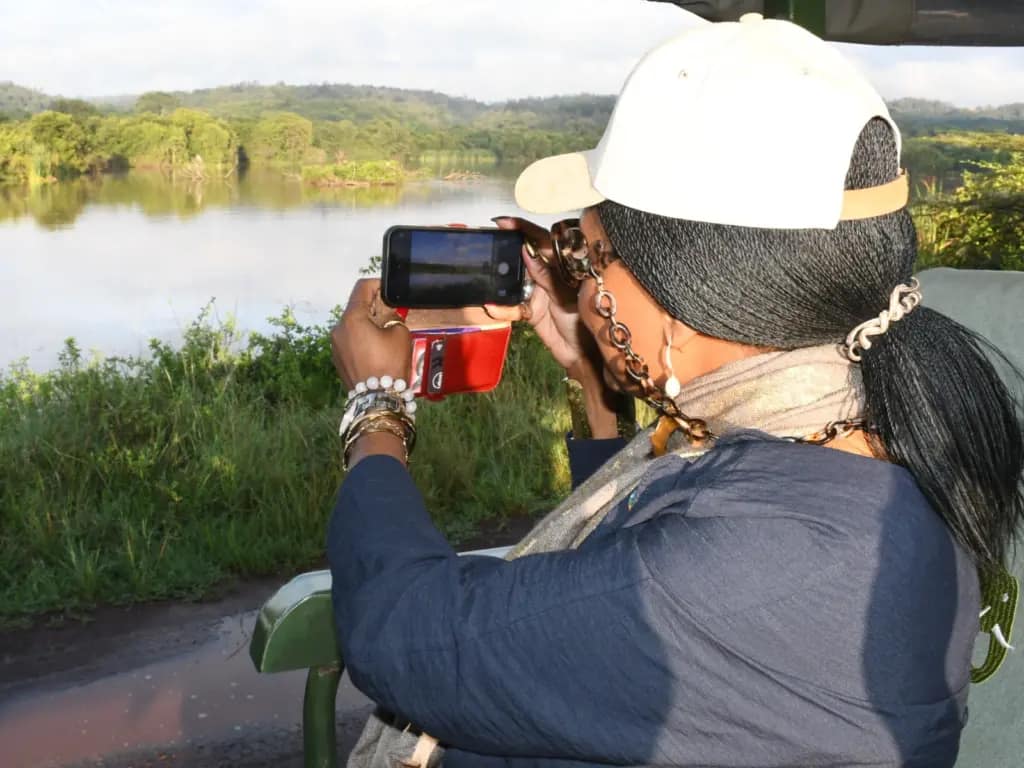
Dr. Musonda Mumba’s visit to Nairobi National Park aimed to spotlight the significance of conserving wetlands. Embarking on a morning game drive within this unique ecosystem, she witnessed firsthand the intricate balance between wildlife and their habitats. Her visit not only underscored the importance of this park but also emphasized the need for global attention to safeguard such areas.
Impacts and Insights from the Visit
Dr. Mumba’s observations from the morning game drive shed light on the delicate interconnections within Nairobi National Park. Her insights emphasized the necessity of raising awareness and fostering a collective responsibility for preserving these invaluable ecosystems. Such visits play a pivotal role in advocating for wetland conservation and garnering support for sustainable management practices.
Dr. Musonda Mumba’s visit to Nairobi National Park serves as a reminder of the imperative need to protect our wetlands. Through collaborative efforts and global initiatives like the Ramsar Convention, there’s hope for the preservation and sustainable management of these critical ecosystems.
FAQs
- Why are wetlands important? Wetlands provide essential services like water purification, flood control, and habitat for diverse flora and fauna, crucial for human survival.
- What is the Ramsar Convention? It’s an international treaty dedicated to the conservation and wise use of wetlands globally.
- How does urbanization affect wetlands? Urban expansion leads to habitat loss, pollution, and disruption of natural wetland functions.
- What actions can individuals take to protect wetlands? Individuals can support local conservation efforts, reduce pollution, and raise awareness about wetland importance.
- Why is preserving Nairobi National Park significant? The park represents an oasis of biodiversity amidst urbanization and serves as a crucial habitat for wildlife.

The Maasai Cultural Gem
Welcome to the enchanting Maasai Mara National Reserve, where the…
Read More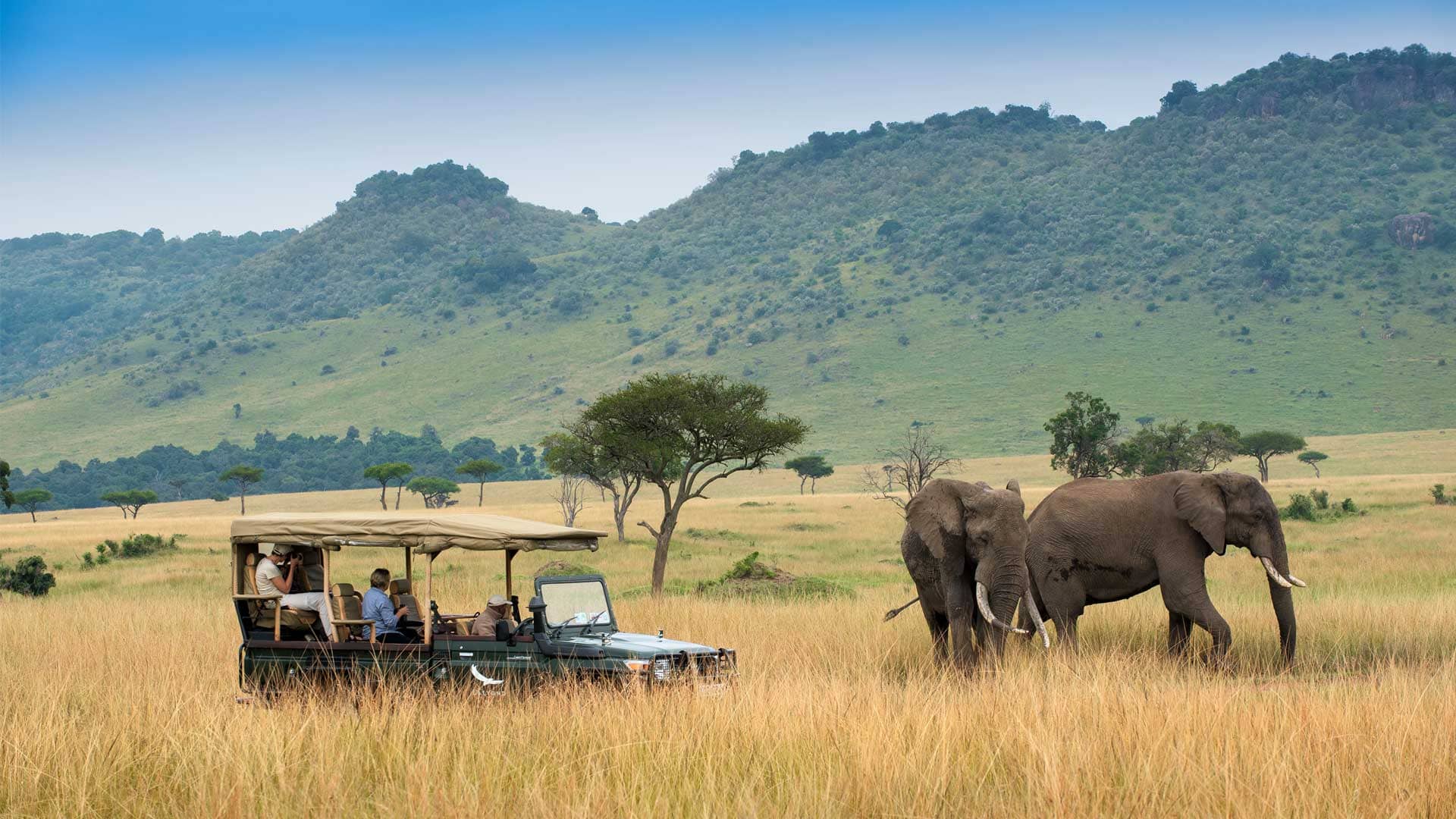
Best Game Drives in Kenya: A #1 Wildlife Adventure like No Other
Best Game Drives in Kenya Are you a wildlife enthusiast…
Read More
Explore the #1 Splendor of Naibor Camps in the Heart of Masai Mara
Introduction In the midst of the sprawling Masai Mara National…
Read More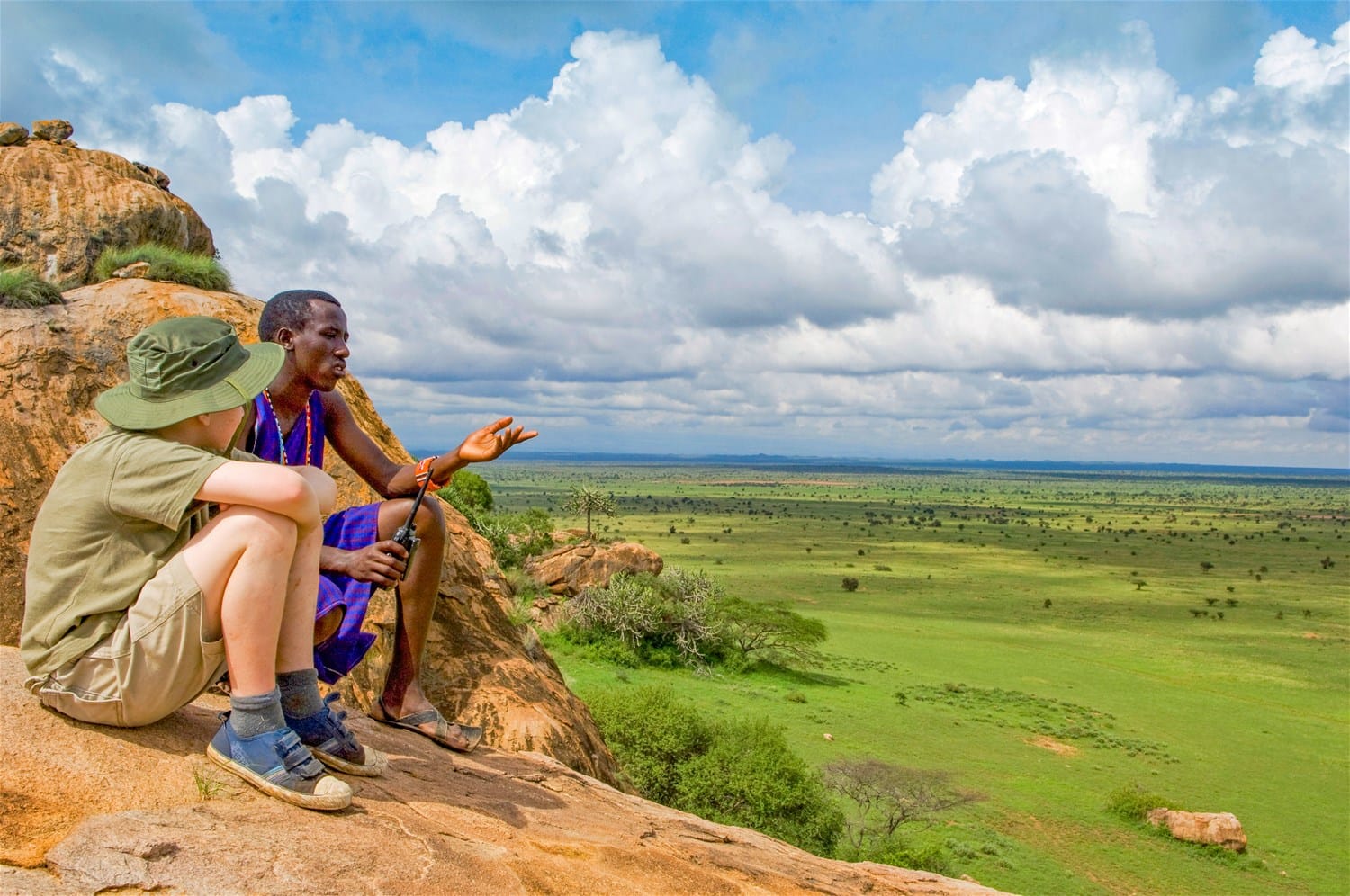
Chyulu Hills National Park: #1 Explore the Beauty of A Hidden Paradise
Introduction Chyulu Hills National Park, a true gem hidden in…
Read More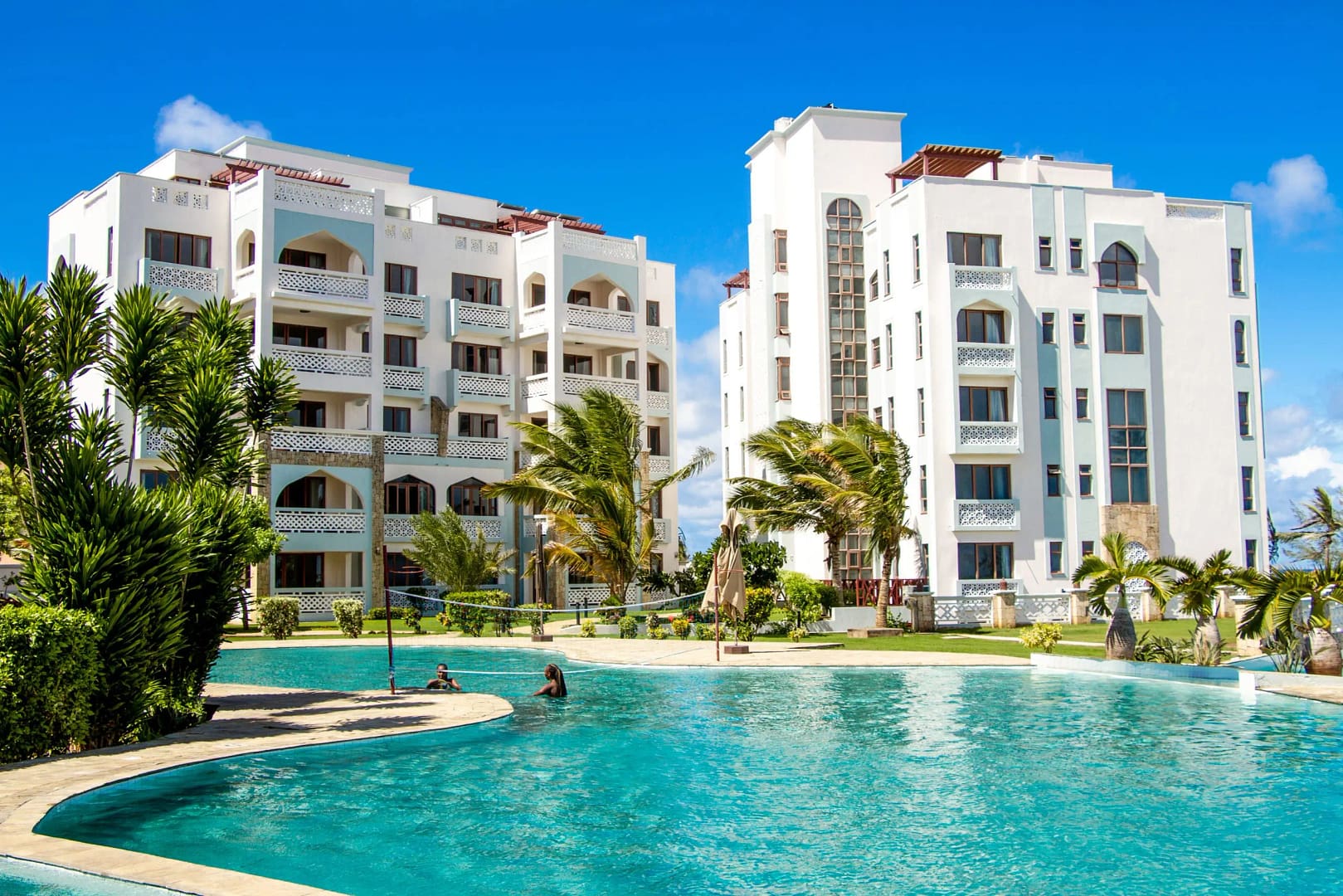
Royal Shaza Suites: Your Gateway to Luxury and Comfort
Royal Shaza Suites Welcome to Royal Shaza Suites, the epitome…
Read More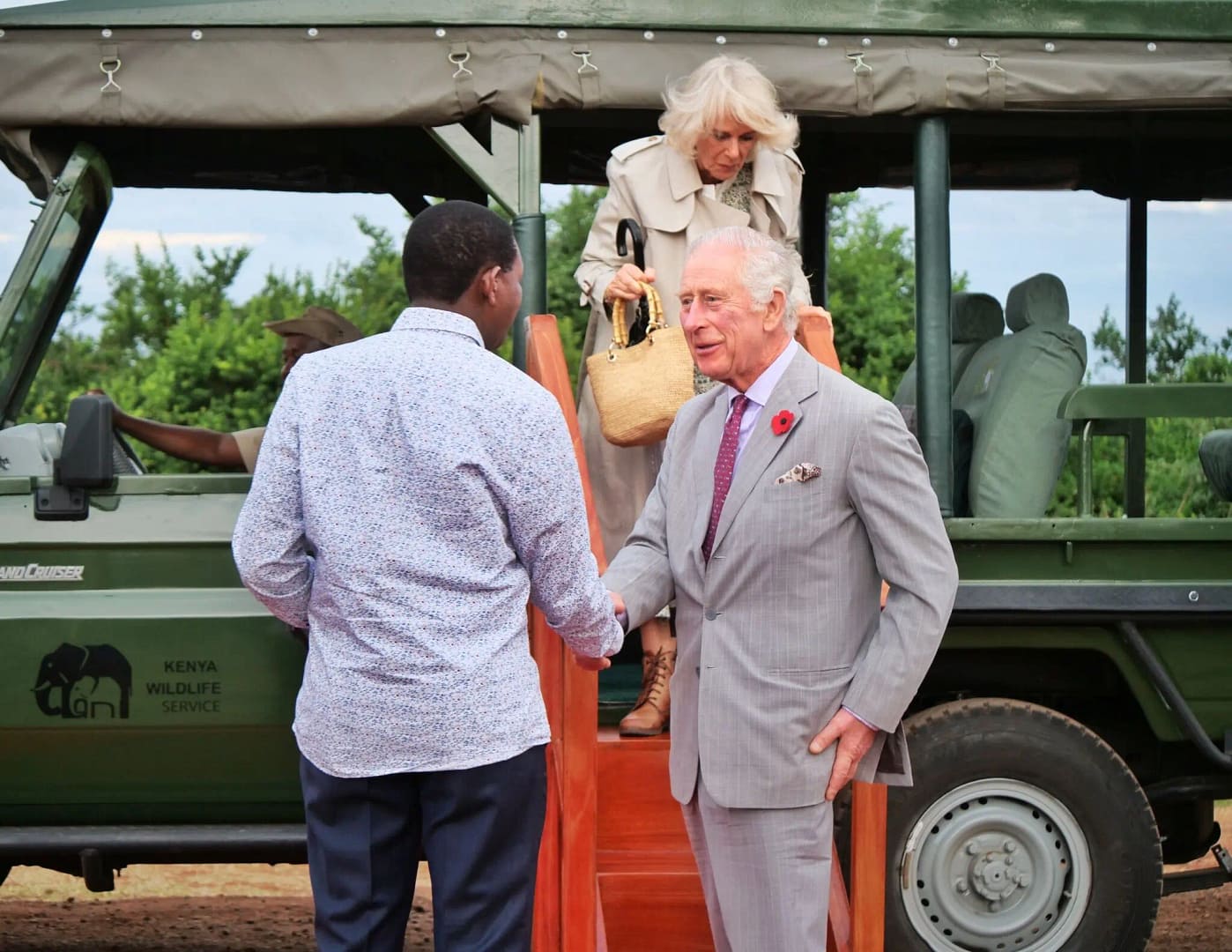
King Charles III and Queen Camilla’s Visit to Nairobi National Park 2023: Exploring Kenya’s Wildlife Marvels
King Charles III and Queen Camilla The splendor of Nairobi…
Read More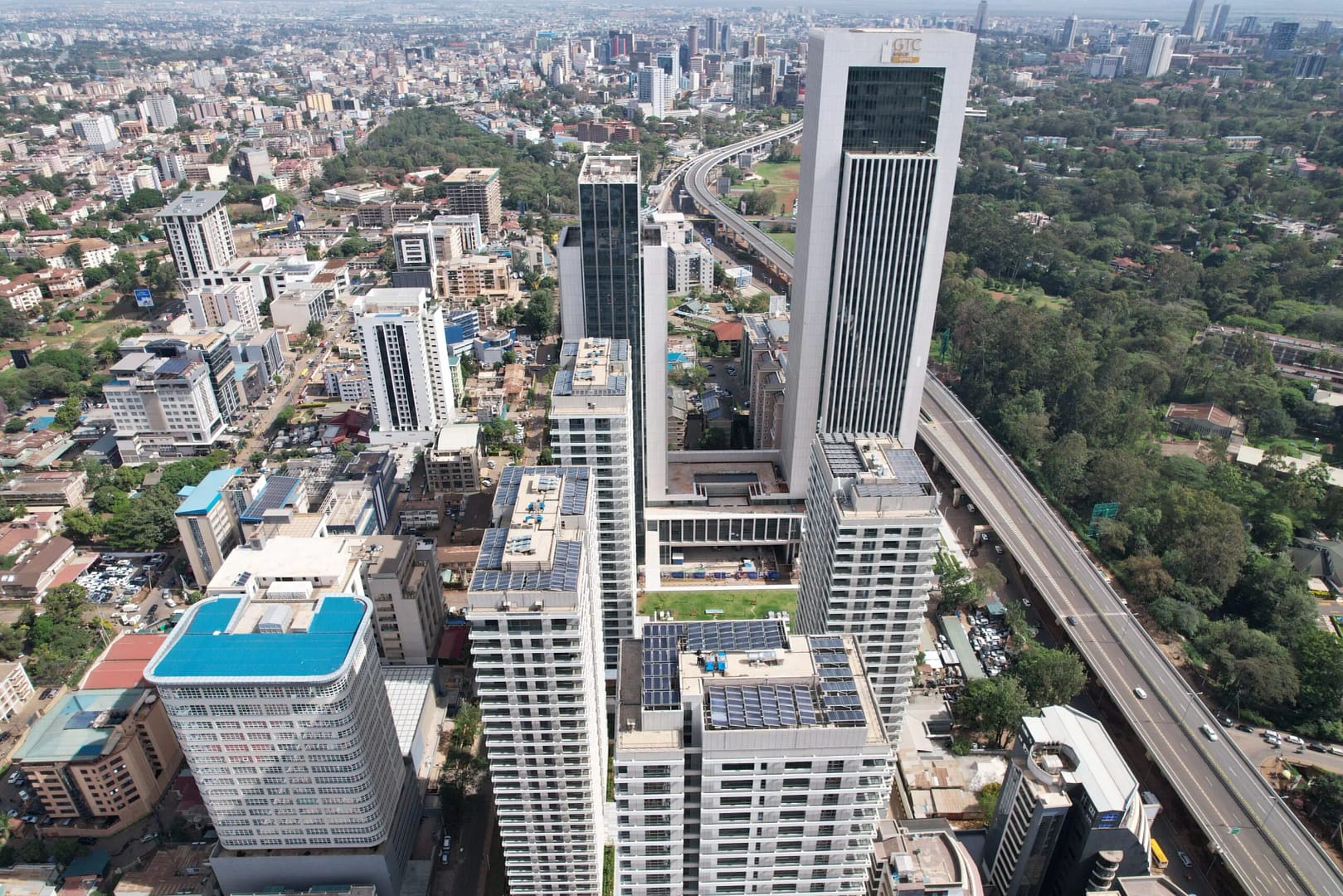
Luxury Living #1: Exploring Nairobi GTC Office Tower
In the heart of Nairobi’s vibrant Westlands neighborhood, a beacon…
Read More
Jannataan Hotel Lamu: Your #1 Perfect Coastal Getaway
Jannataan Hotel Lamu Jannataan Hotel Lamu, situated just 400 meters…
Read More
Best Hikes in Kenya: Exploring Nature’s Beauty on Foot
Best Hikes in Kenya Kenya, often celebrated for its wildlife…
Read More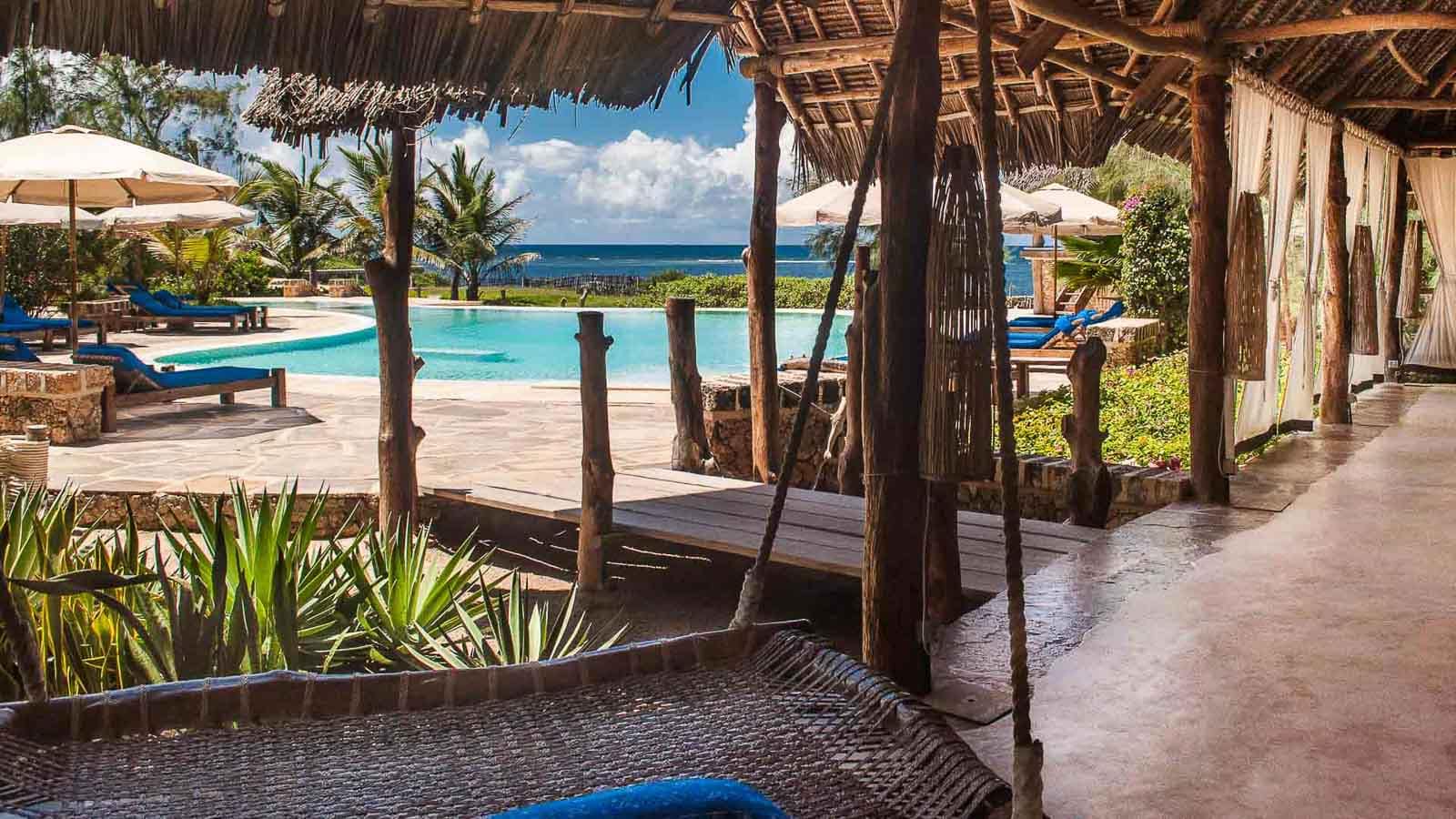
The Charming Lonno Lodge: Discover the #1 Serenity of Watamu
Nestled along the picturesque shores of Watamu, The Charming Lonno…
Read More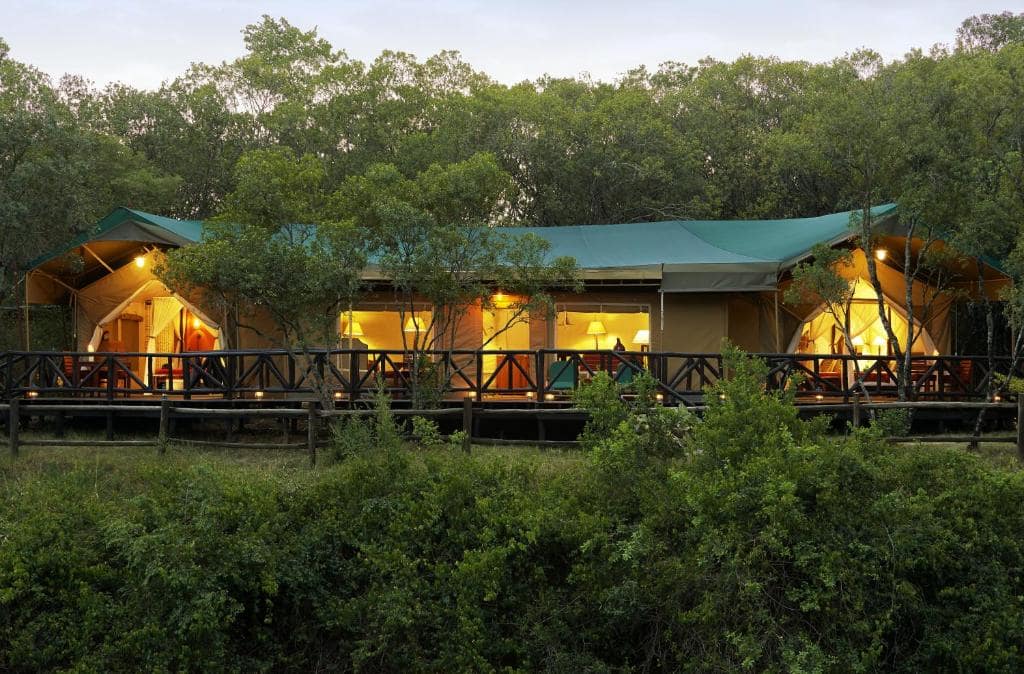
Exploring the Enchanting Fairmont Mara Safari Club 2023
If you’re an adventurous traveler with a passion for wildlife…
Read More
Exploring the Wonders of Amboseli National Park 2023
Amboseli National Park Amboseli National Park, a sanctuary nestled at…
Read More
Kobe Suite Resort: Your #1 Ultimate Paradise in Watamu, Kenya
When it comes to finding the perfect vacation destination that…
Read More
David Sheldrick Wildlife Trust: Protecting Elephants and Beyond
I. David Sheldrick Wildlife Trust In the vast landscape of…
Read More
Explore Kisumu Impala Sanctuary: #1 Paradise by Lake Victoria
Nestled on the serene shores of Lake Victoria, the Kisumu…
Read More
Magical Kenya Travel Expo (MKTE): Unveiling Africa’s Premier Trade Fair 2023
Magical Kenya Travel Expo (MKTE) The Magical Kenya Travel Expo…
Read More
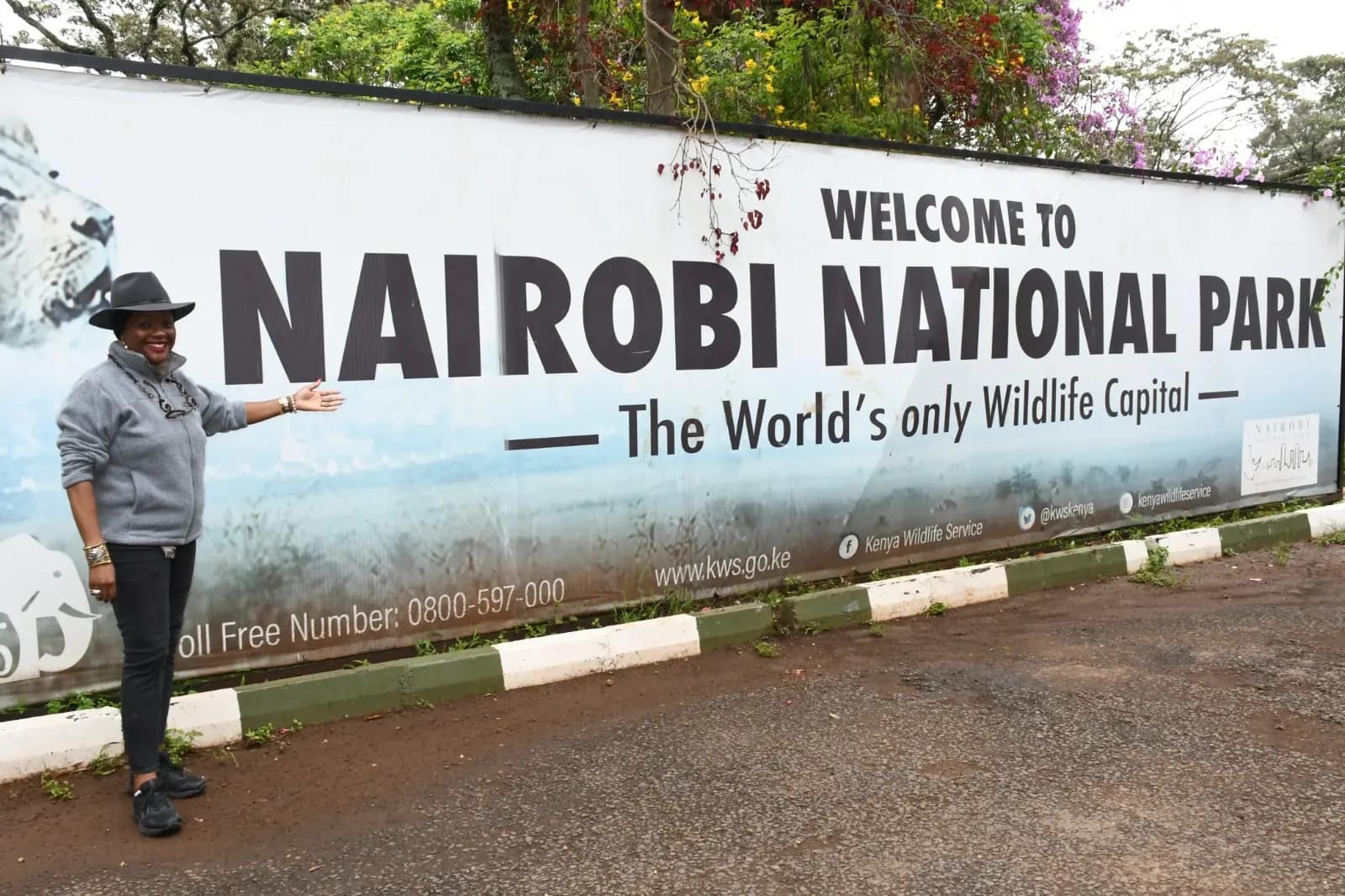


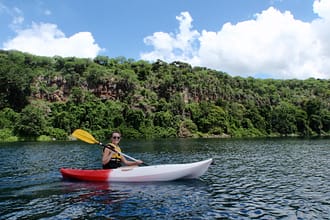
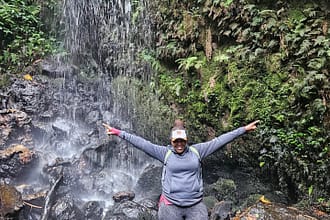
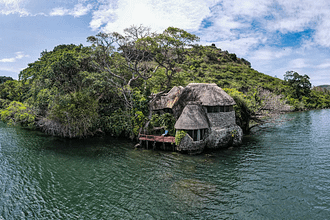
3 Comments